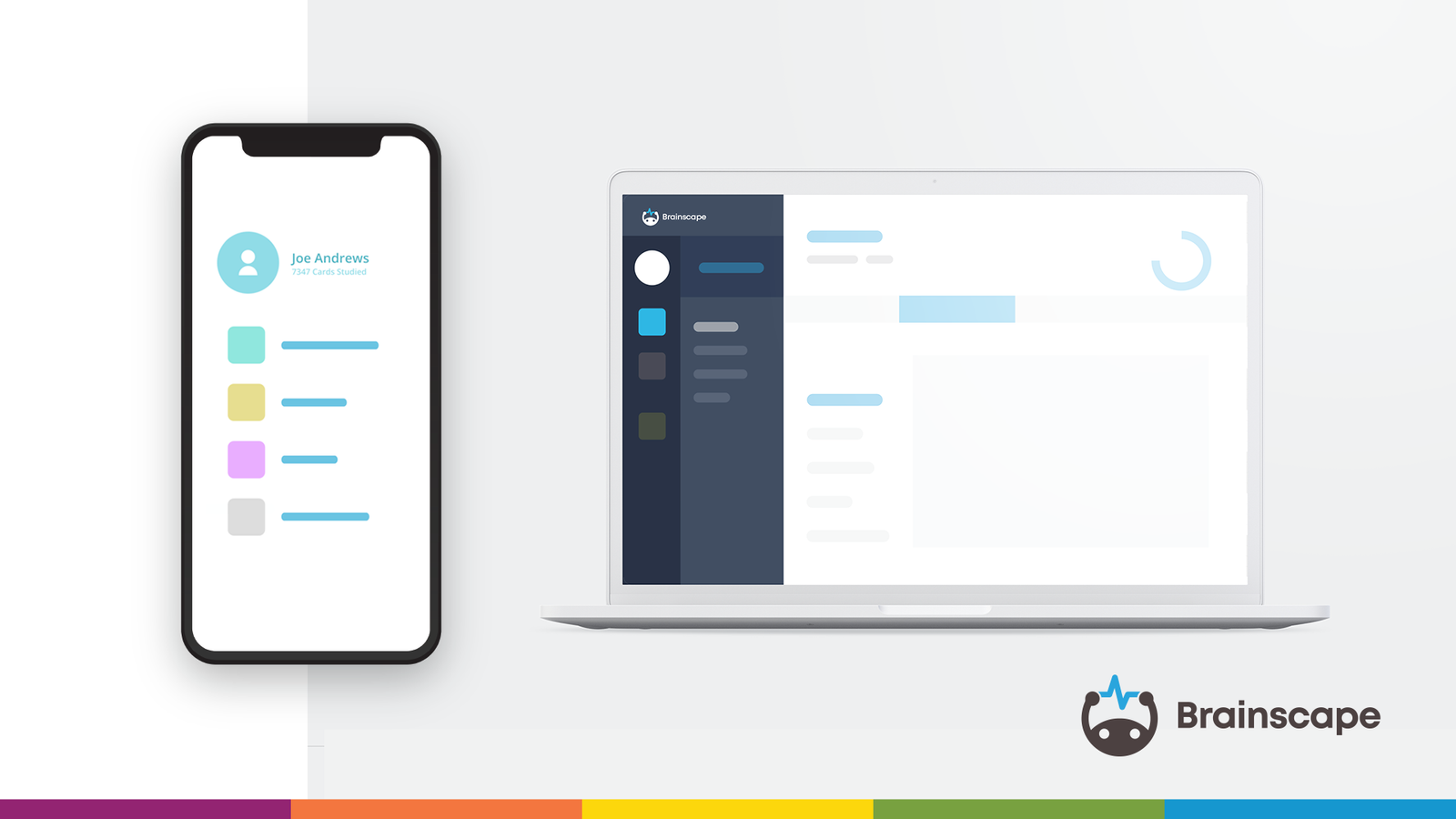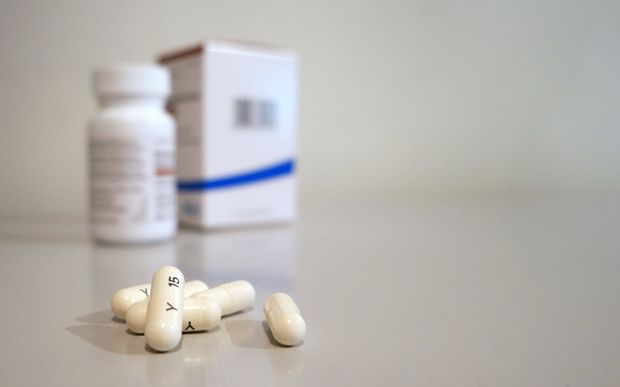Student life can be hard. We get it. That's probably why students often turn to drugs like Adderall to give them an additional academic edge. Sure, there are tons of better natural alternatives Adderall or caffeine ... but sometimes we need that extra kick.
Doctors prescribe Adderall to patients with difficulty maintaining focus and alertness—specifically those with a diagnosed abnormality in daily function. The active ingredients are psychostimulant amphetamines, and the drug looks and acts similarly to MDMA and methamphetamine (neither of which we would recommend you use to study!).
How does caffeine compare? Let's see!
The effects of caffeine and Adderall
While its popularity as a study aid grows by the semester, the repercussions of using amphetamines like Adderall often evade its users. In addition to the risk of hypertension and seizures, Adderall can cause the brain to stop making dopamine over time, which can result in severe depression, aggression, and psychosis. Adderall is also a Schedule II drug in the United States, meaning it has a high risk for addiction and dependence—further increasing the likelihood of negative effects. It also means it's illegal to use without a prescription.
Caffeine is also a drug, and while you can find it on almost every corner, its effects are also very powerful. Caffeine is the most commonly and widely consumed psychoactive drug. It is a stimulant of the central nervous and metabolic systems — and causes alertness, wakefulness, and focus. Naturally, there are also some downsides: irritability, restlessness, insomnia, and heart palpitations are not uncommon symptoms of use. The Food and Drug Administration recognizes caffeine as safe since toxic doses (>1g) are significantly greater than doses normally found in commercial products (<500mg).
So is caffeine as effective as Adderall for learning?
Evidence shows that Adderall, for most people, does cause a longer-lasting, non-jittery period of focus than caffeine does. People with difficulty focusing, like those with ADHD, find that it helps them study more effectively for many hours at a time.
But keep in mind that neither Adderall nor caffeine make you smarter. They may just extend the time you can productively hone already existing knowledge despite prior sleep or wakefulness.
You should really keep in mind the longer-term impacts of both drugs (of which Adderall's seem more concerning), and ask yourself if there may be better ways to make yourself more productive, like:
- Building stronger study habits that take less effort;
- Training yourself to concentrate better on your studies;
- Getting motivated to study when you'd rather procrastinate;
- Optimizing your brain health for studying; or
- Experimenting with natural alternatives to Adderall
Popular sources of caffeine
Okay, so caffeine may be the safer long-term choice than Adderall, if you absolutely must use a substance to focus better. But besides your morning latte, where else can you get some caffeine?
Sodas
Soda may not provide the energy or attention boost that Adderall or espresso does, but it is inexpensive and tasty. Some of the higher-caffeine options are:
- Dr. Pepper 12 oz. can: 36 mg of caffeine
- Coke Classic/Zero 12 oz. can: 35 mg
- Mountain Dew 12 oz. can: 55 mg
Please remember that sodas are sugar-packed and that sugar can negatively impact your concentration. It's not a great option for studying, but at least it's legal!
Energy drinks
Energy drinks contain ingredients like guarana, a caffeinated berry, and ginseng, a stimulant, which can power you through fatigue. Here's some popular energy drinks' caffeine content:
- Red Bull 8.4 oz.: 80 mg of caffeine
- 5-Hour Energy 2 oz.: 207 mg
- NOS 16 oz.: 260 mg (??!!)
- Monster 8 oz.: 80 mg
Again, these are typically packed with sugar. Ideally, you can develop effective study habits that help you develop strong focus without energy drinks.
Caffeine contents of coffee
If you’re happy with your coffee fix, you may be interested in the different caffeine contents depending on how the coffee is made.
- Brewed: 1 cup (7 oz.): 80–135 mg of caffeine
- Espresso: 1 shot (2 oz.): 100 mg
- Drip: 1 cup (7 oz.): 115–175 mg
Most importantly, stay hydrated with WATER. Research suggests that feelings of fatigue may indicate dehydration. It’s easy and healthy to drink—at the very least eight 8oz. glasses of water a day—and who knows, it may even be the energy fix you need to study and learn better.
Another, natural way to focus
At Brainscape, we like to believe that our scientifically proven web and mobile “smart flashcards” app is actually the best natural way to improve your concentration and help you learn more with less study time.

You may be hesitant to believe that an app could significantly improve your focus. How can Brainscape improve your focus? We're glad you asked:
- It's entirely online and accessible anywhere, anytime if you have internet access or mobile coverage. This reduces the logistical barriers to studying.
- Uses a hyper-intelligent algorithm helps you effectively plan you studies and space it out over right amount of time using spaced repetition, so you don't endure the cognitive load of having to decide what to study.
- Flashcards help delivers study sessions in manageable “bites” so you study in short 5- to 10-minute bursts rather than long, boring hours (and we know that well-timed study breaks are essential for learning).
Using Brainscape as a study aid is probably the safest and most foolproof way to getting that A+.
Want more strategies? We have a whole load of other tips on how to focus, from gagging your housemates to gamifying your productivity. Check out all the other articles cited above, and best of luck with your studies!
Sources:
Cappelletti, S., Daria, P., Sani, G., & Aromatario, M. (2015). Caffeine: Cognitive and physical performance enhancer or psychoactive drug? Current Neuropharmacology, 13(1), 71-88. https://dx.doi.org/10.2174%2F1570159X13666141210215655
DeSantis, A. D. & Hane, A. C. (2010). “Adderall is definitely not a drug”: Justifications for the illegal use of ADHD stimulants. Substance Use & Misuse, 45(1-2), 31-46. https://doi.org/10.3109/10826080902858334
Lakhan, S. E. & Kirchgessner, A. (2012). Prescription stimulants in individuals with and without attention deficit hyperactivity disorder: Misuse, cognitive impact, and adverse effects. Brain and Behavior, 2(5), 661-677. https://doi.org/10.1002/brb3.78
Sherzada, A. (2012). An analysis of ADHD drugs: Ritalin and Adderall. JCCC Honors Journal, 3(1), 2. https://scholarspace.jccc.edu/honors_journal/vol3/iss1/2
Temple, J. L., Bernard, C., Lipshultz, S. E., Czachor, J. D., Westphal, J. A., & Mestre, M. A. (2017). The safety of ingested caffeine: A comprehensive review. Frontiers in psychiatry, 8, 80-88. https://dx.doi.org/10.3389%2Ffpsyt.2017.00080
